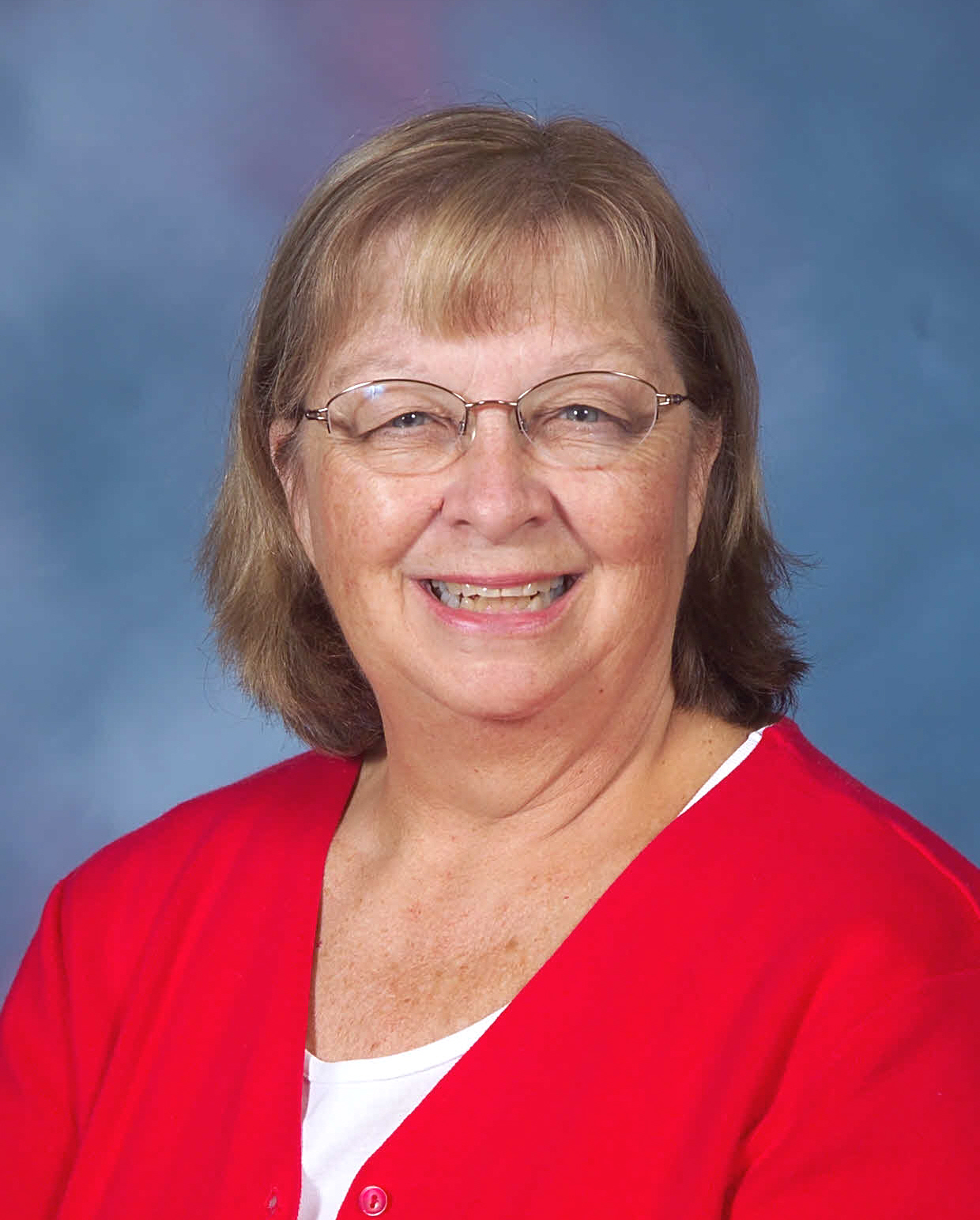With 54 years there have been so many changes in education and counseling!! My comments below are based on 36 years in the Waterloo Community School District and 18 years in the Iowa City Community School District as a teacher, school counselor, district student services coordinator, assistant principal, part-time college teacher, and academic adviser.
Community School District and 18 years in the Iowa City Community School District as a teacher, school counselor, district student services coordinator, assistant principal, part-time college teacher, and academic adviser.
One big change is in the certification and professional experience needed to become a counselor. When I first started, the requirement for school counseling certification was a minimum of two years of teaching experience. Now there is no teaching experience required. Counselor education programs have changed a lot as well – we used to have many more hours required for the degree, and all coursework had to be done face-to-face. This meant individuals either had to quit working in order to pursue a counseling degree or they had to attend night and weekend classes for 3-4 years since there was no online coursework.
When I first started as a counselor in the Waterloo School District in 1966, there was a faculty dress code, and women could not wear pants to school. In the late sixties, women could wear pants! Miniskirts became popular in the late sixties and early seventies. The building principal could request to measure the distance from the floor to the skirt hem, and if the skirt was too short, he could send the teacher home to change! There was no maternity leave policy – women had to leave by the end of their fifth month of pregnancy (to protect the woman and baby!) and could return to work three months after delivery if they were offered a contract – the position was not guaranteed.
A school counselor’s role and students’ needs are significantly determined by the social and political climates and the world culture in which they live. From 1966 through the 1980’s education and students’ needs were significantly impacted by the Civil Rights movement (riots, unrest, civil disobedience), the Vietnam war, the Women’s Rights movements, the growth of drugs and homelessness, and on-going social changes in families and the family structure.
In 1966, a school counselor was primarily academic and educational; the school counselor was an academic advisor with minor responsibilities for other student supports. This was also a time when there were few (if any) student or family supports in the school or community. Bottom line -- Many students and families did not receive needed supports. This was also a time when students were expected to conform to the traditional education structure.
Today, with changes in families, family structure, and society, expectations for the school counselor and the school systems are to provide many of the supports formerly provided by families – food, transportation, health – in addition to education, academics, career development, and the development of life skills. The growth of ELL programs and an increasingly diverse student population has further expanded the needs for a variety of student support. As a result, school counselors have many diverse roles and expectations. Commensurate are the additions of multiple support services within the schools and communities, so counselors are now one part of the wider student services support teams.
Also impacting the roles and supports provided by school counselors is the ongoing move toward inclusive models of education for students, like alternative education, online learning, technology, home school, etc. – this is providing appropriate learning venues and opportunities for students with differing learning needs and strengths. This provides opportunities for school counselors to effectively advise and support students for educational success.
What has NOT CHANGED with education, learning, and students:
- All students have value and are capable of learning and life success
- All students want to learn and be successful
- All students have strengths, talents, and gifts
- All students benefit from a trusted, caring adult who
- has the listening and communication skills to provide support (both physical, emotional, mental, and educational)
- are willing to be a role model and mentor
- provide advice and guidance on the student’s decision-making, planning, and goal-setting
- are willing to be an advocate
Society and the world change – kids are impacted by those changes – but kids’ needs, hopes, and dreams remain the same!
